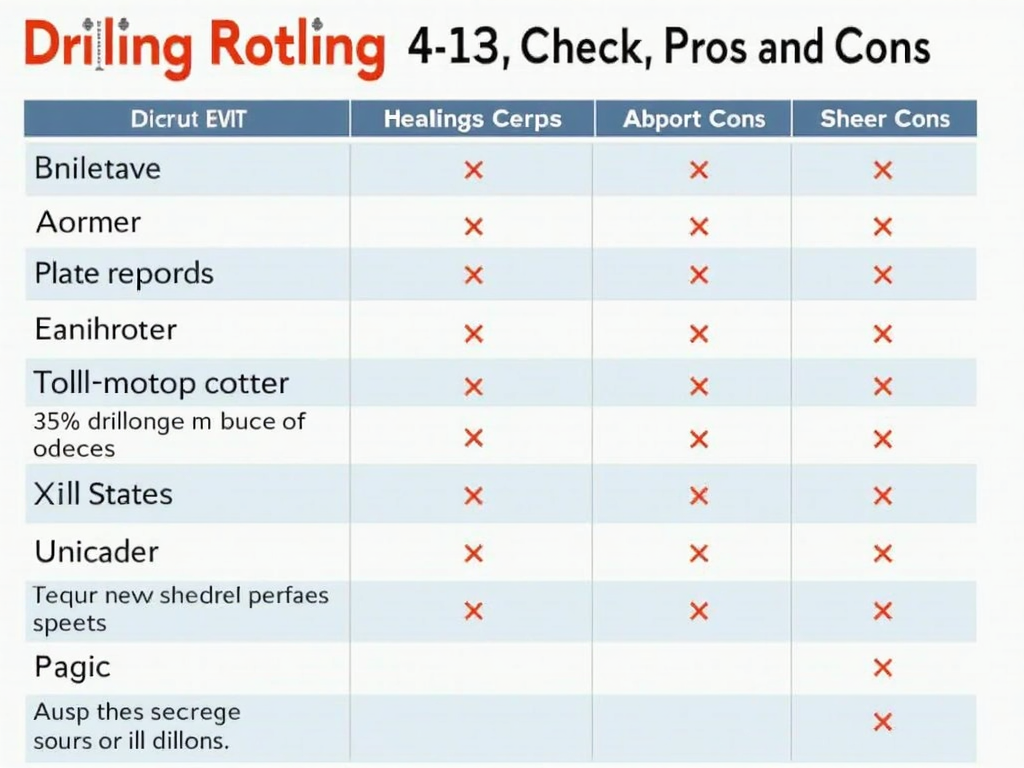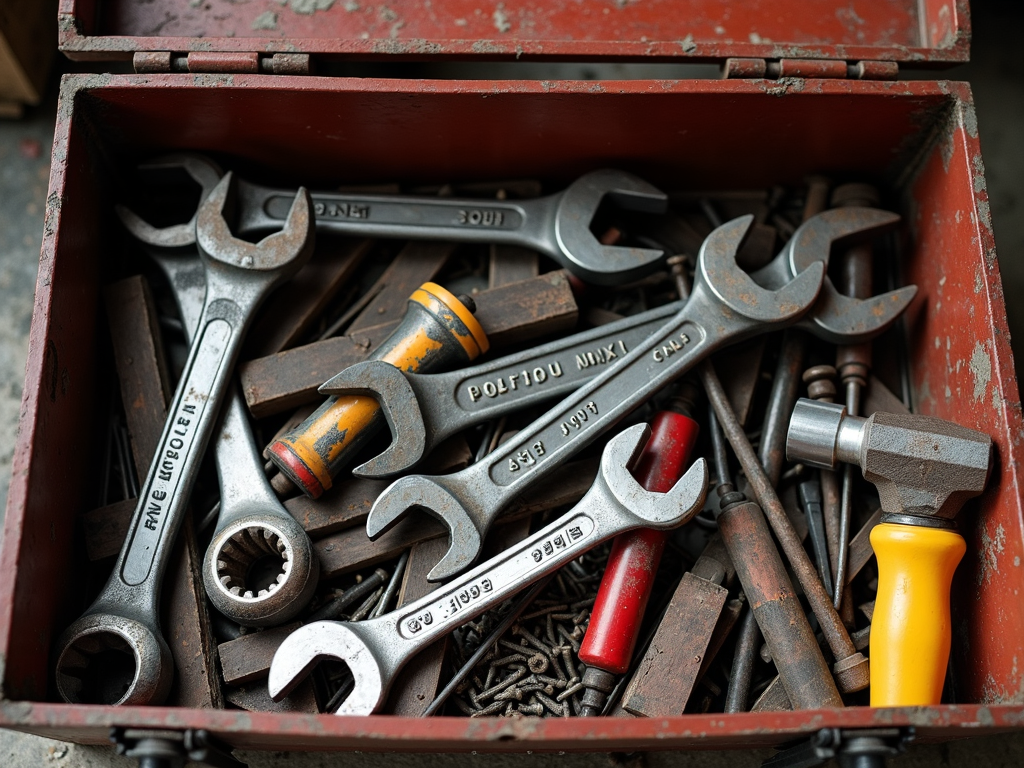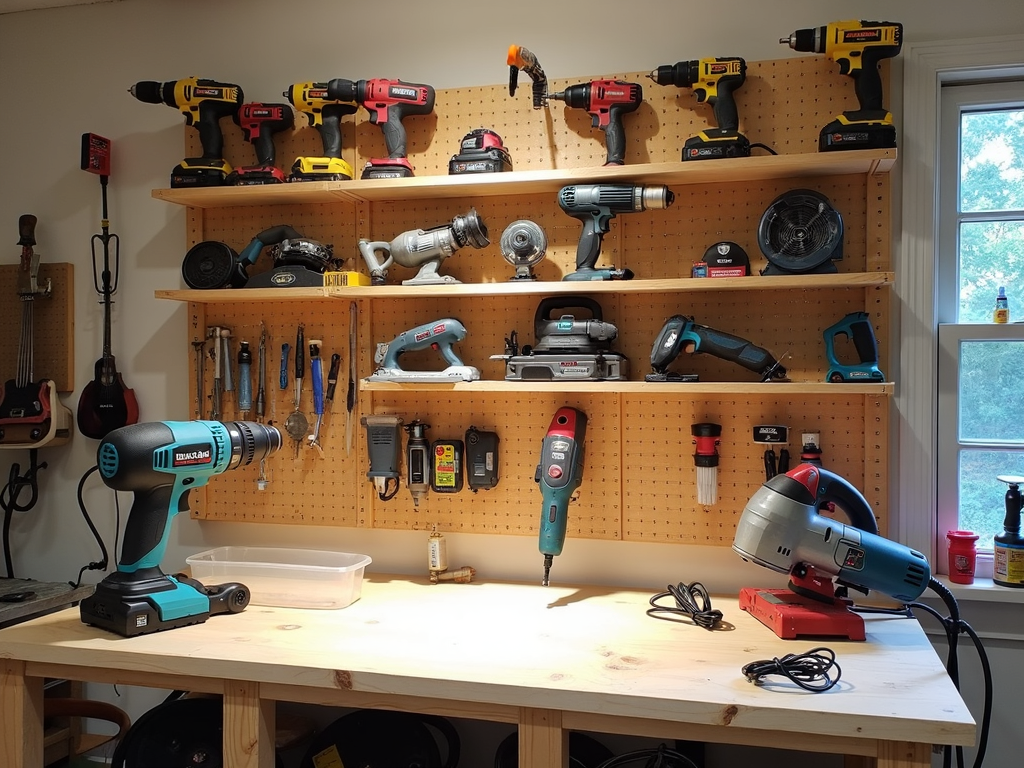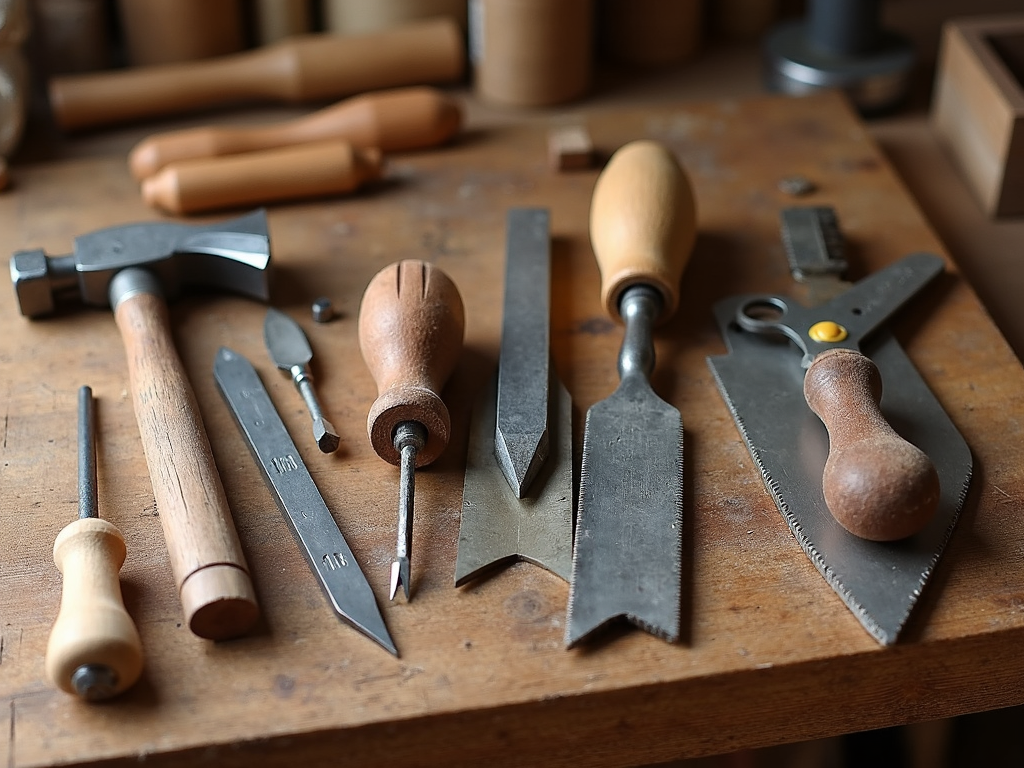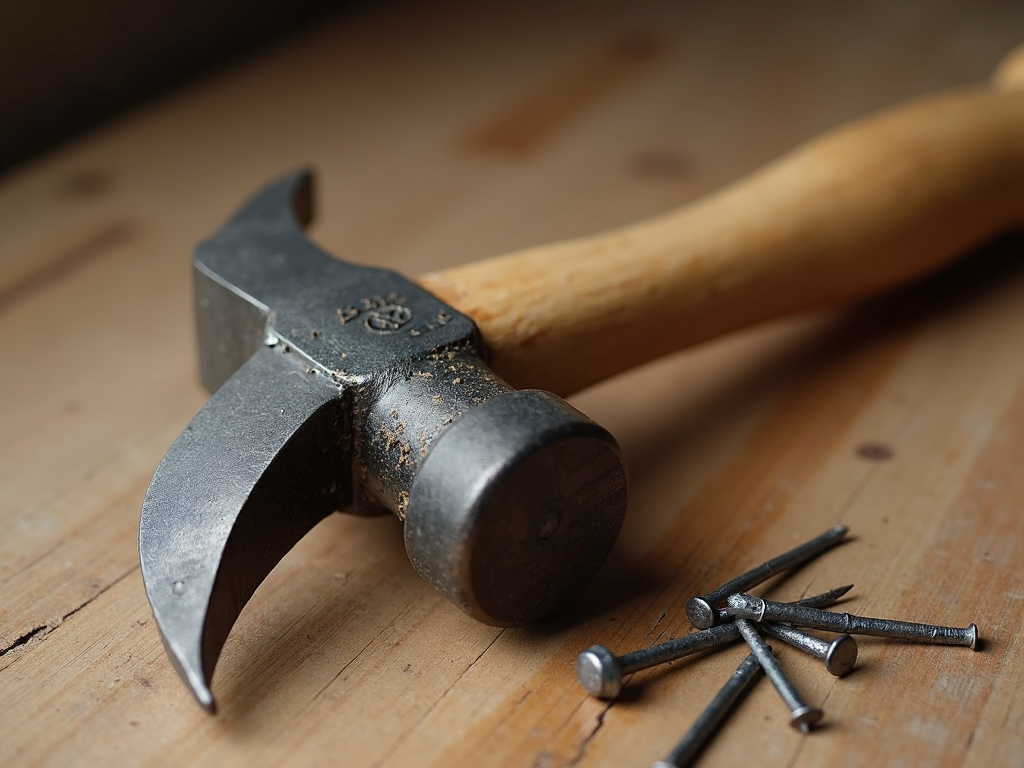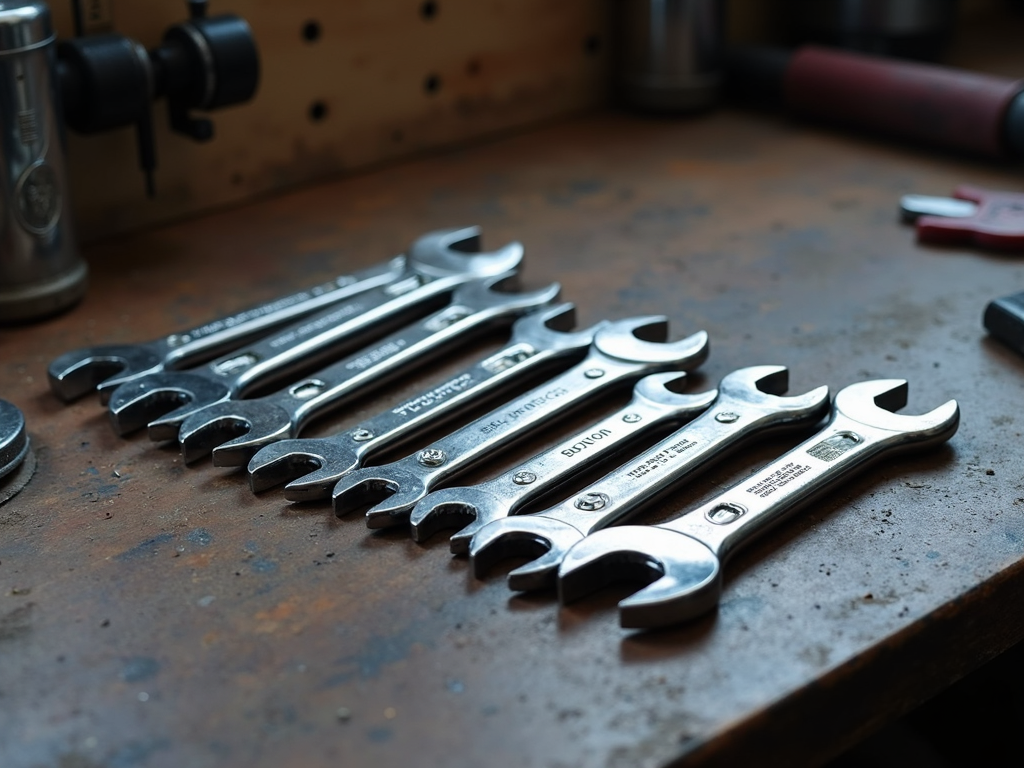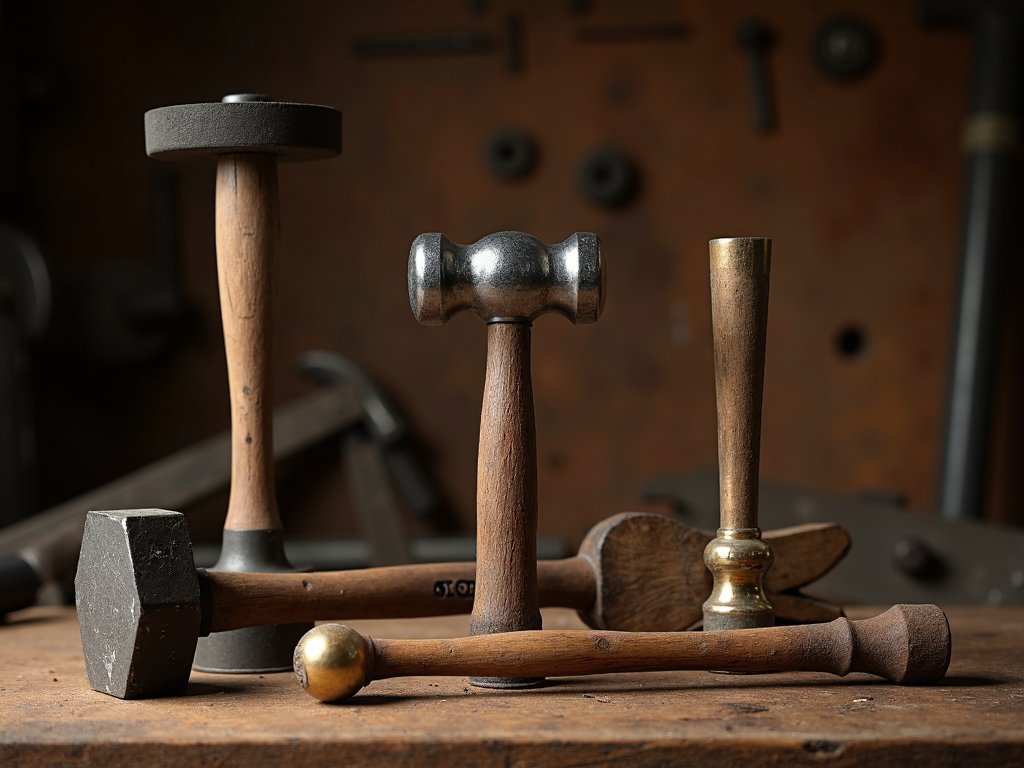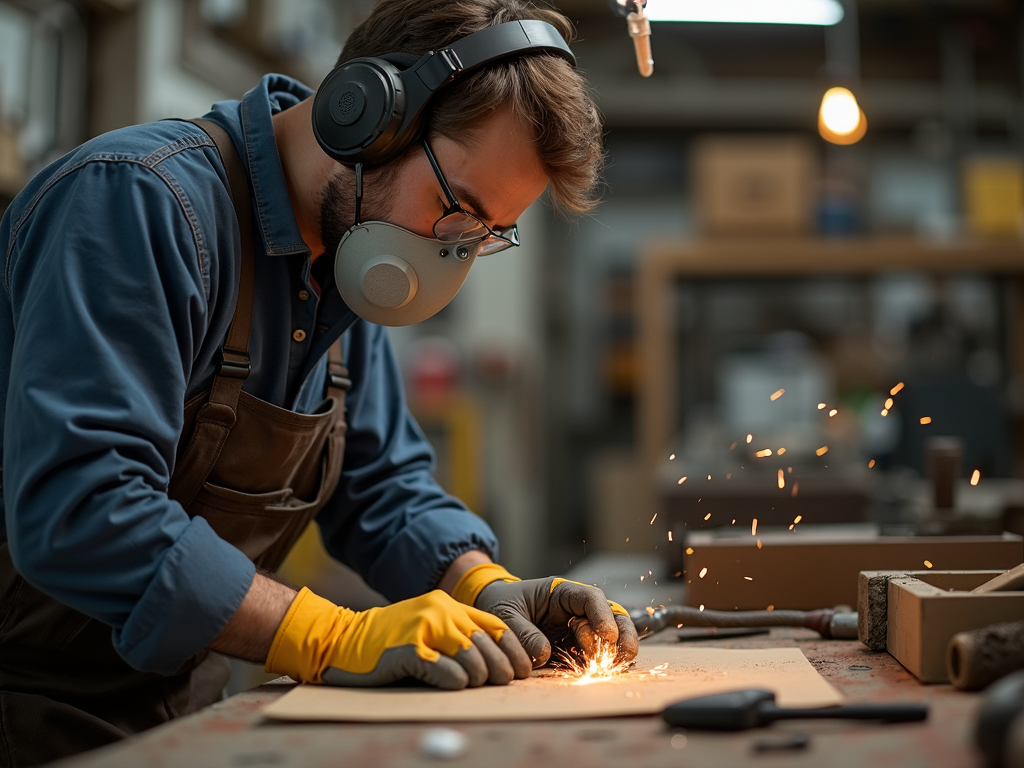Proper maintenance of your construction tools is crucial for ensuring their longevity, performance, and safety. In this comprehensive guide, we'll explore essential maintenance tips for workman tools, helping you keep your equipment in top shape and your projects running smoothly.
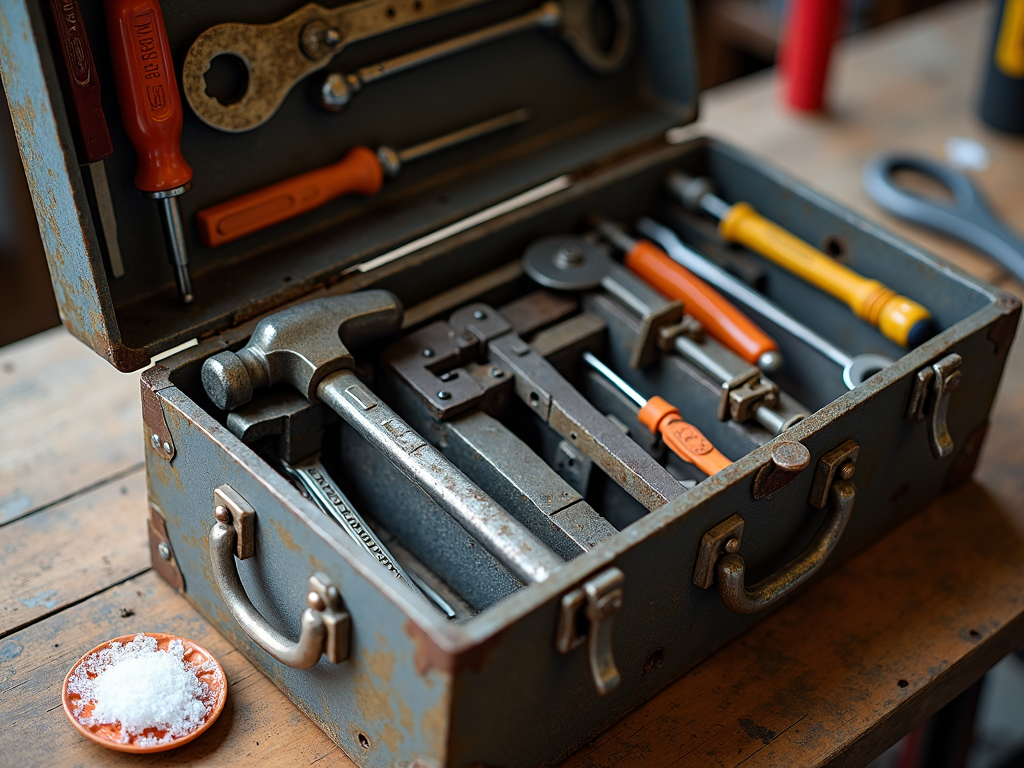
Imagine you're in the middle of a crucial construction project, and your trusty hammer suddenly breaks. Not only does this delay your work, but it could also lead to costly replacements. Regular maintenance of your construction tools can prevent such scenarios, saving you time, money, and frustration.
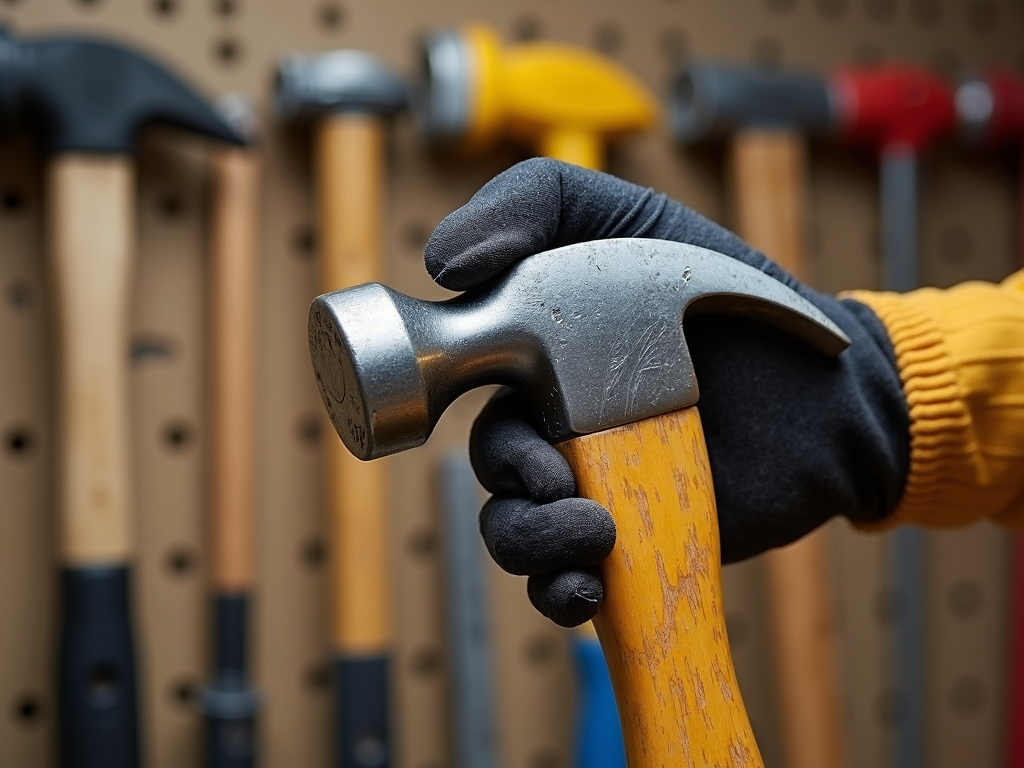
Here are some general maintenance tips for your construction tools:
- Clean your tools after each use to remove dirt, debris, and moisture.
- Inspect your tools regularly for signs of wear, damage, or loose parts.
- Lubricate moving parts, such as hinges and joints, to prevent rust and ensure smooth operation.
- Store your tools in a dry, secure place to protect them from the elements and theft.
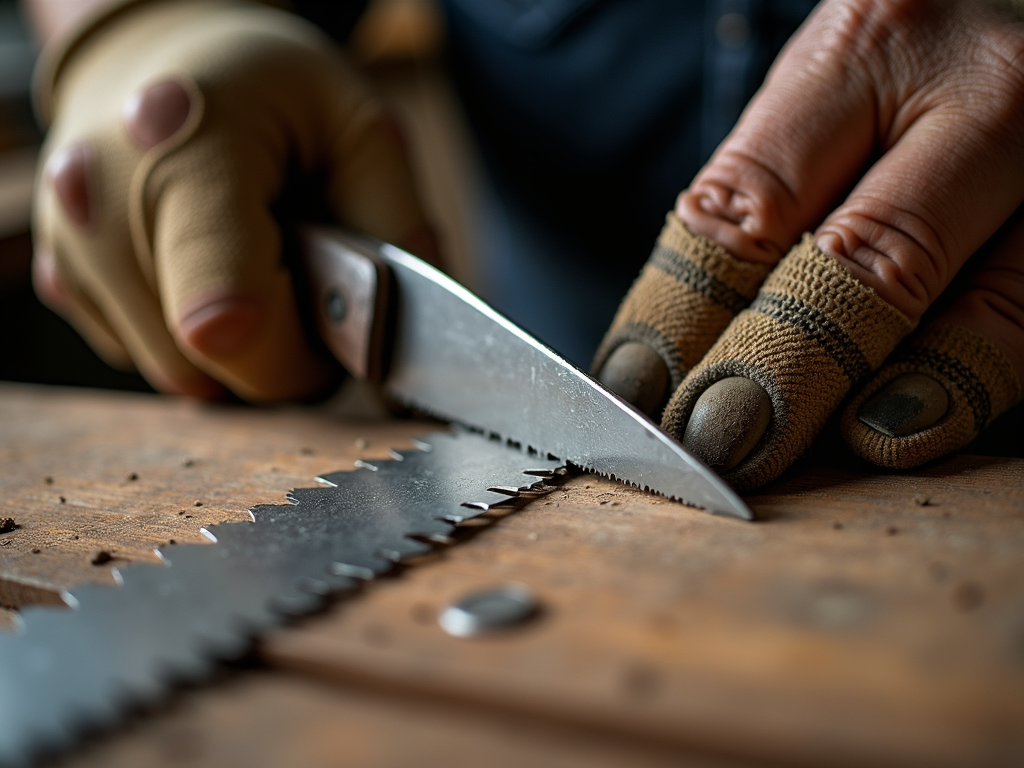
For hammers, one of the most essential construction tools, proper maintenance is key. After each use, wipe the handle and head with a clean cloth to remove any debris. Check the head for any chips or cracks, and ensure the handle is securely attached. If you notice any damage, it's best to replace the hammer to avoid accidents.
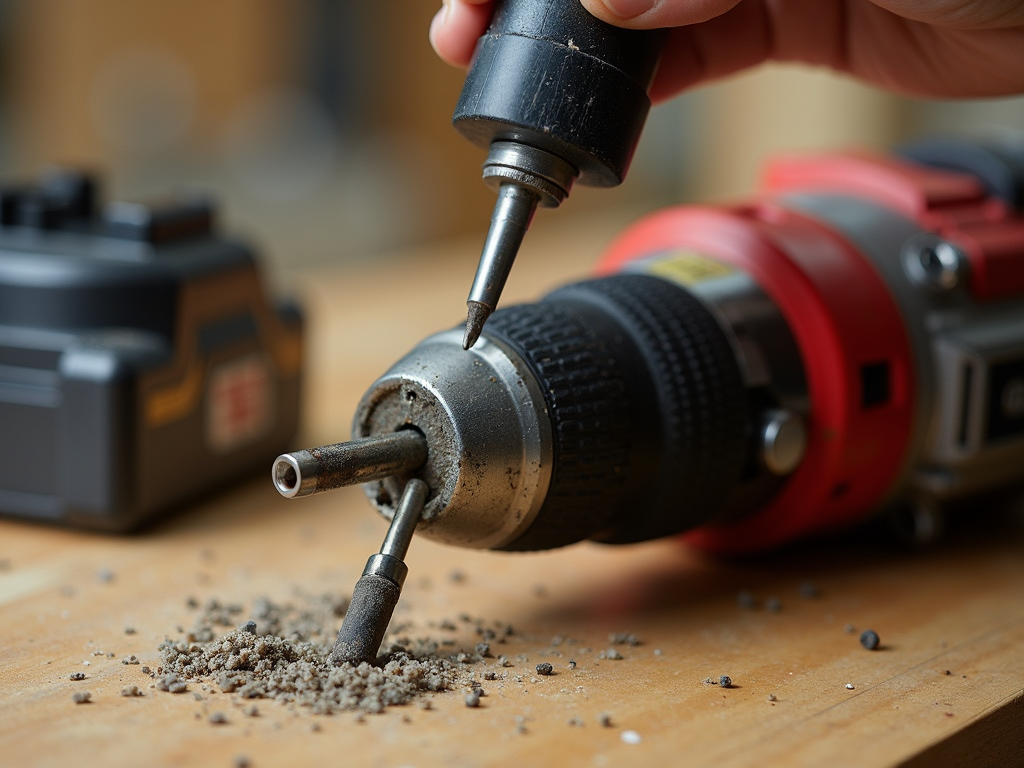
When it comes to saws, regular sharpening is crucial. A dull blade not only makes your work harder but can also be dangerous. Use a file or sharpening stone to maintain the blade's edge, and check for any rust or damage. For power saws, ensure the blade is clean and free of debris, and lubricate any moving parts as needed.
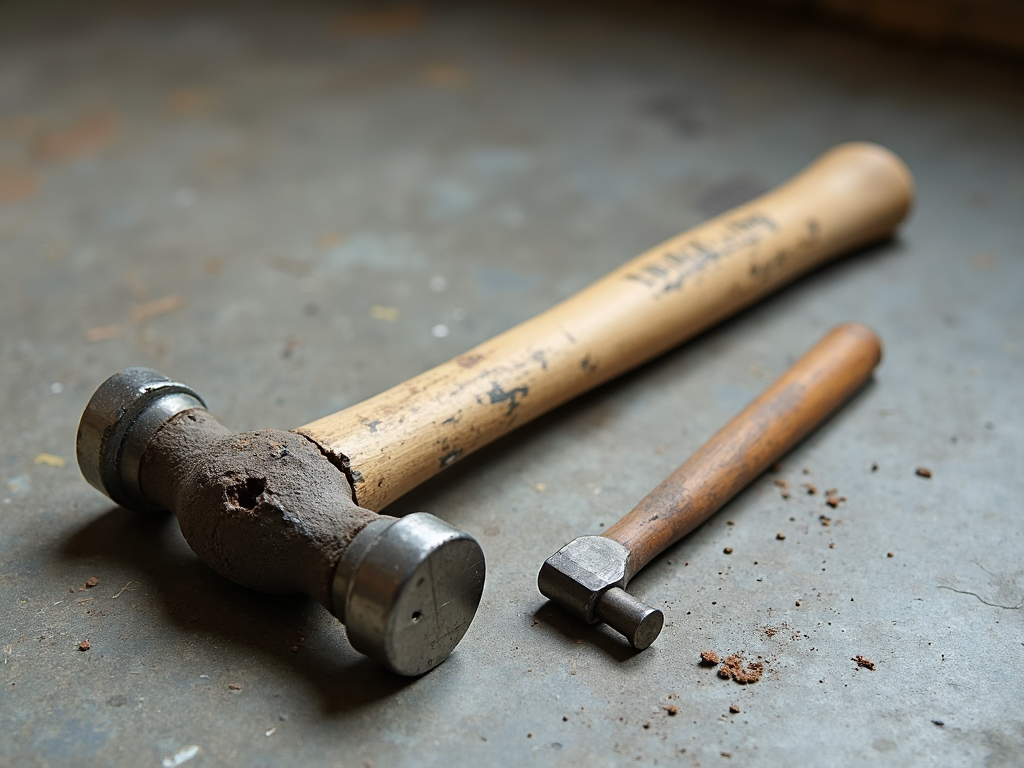
For drills, both corded and cordless, maintenance involves cleaning the chuck, replacing worn-out bits, and ensuring the motor is free of dust and debris. If you notice any unusual noises or decreased performance, it may be time for a professional tune-up or replacement.
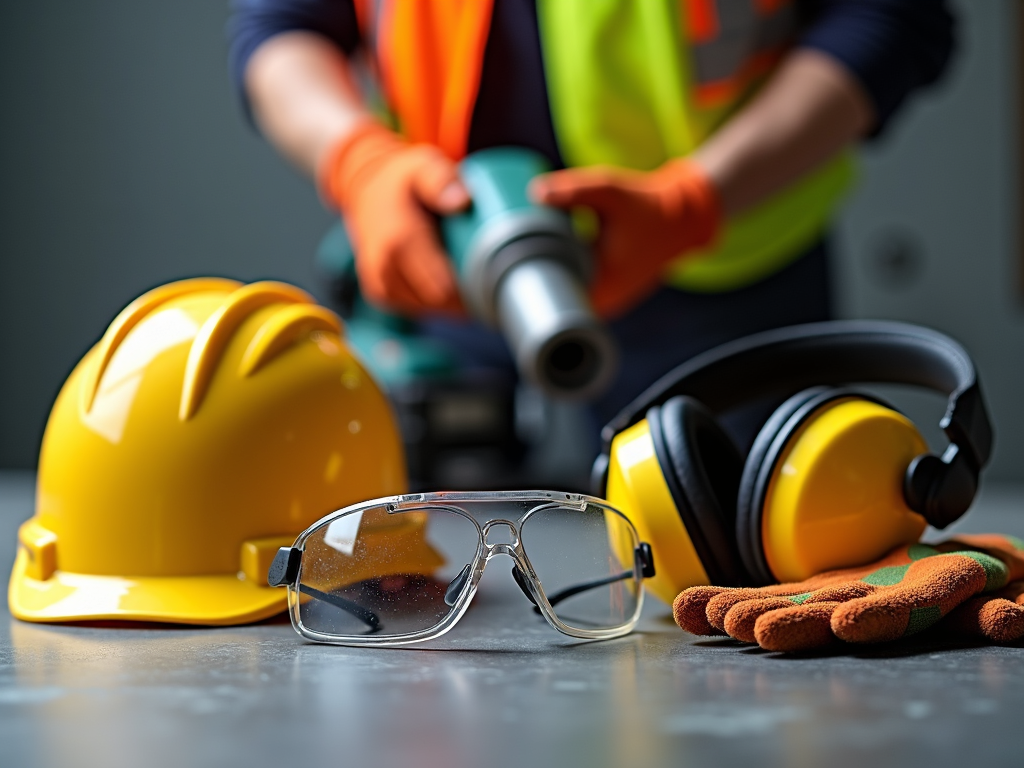
Safety should always be a top priority when maintaining your construction tools. Wear appropriate protective gear, such as gloves and safety glasses, to prevent injuries. If you're working with power tools, make sure they're unplugged or the batteries are removed before performing any maintenance. Never attempt to repair a tool if you're unsure of how to do it safely; it's better to seek professional help.
Proper storage is crucial for maintaining your construction tools. Invest in a sturdy toolbox or tool chest to keep your tools organized and protected. Consider using silica gel packs or other moisture-absorbing materials to prevent rust. If you have power tools, store them in their original cases or in a designated area away from dust and debris.
While regular maintenance can extend the life of your construction tools, there comes a time when replacement is necessary. If a tool is severely damaged, has loose or broken parts, or no longer performs its intended function, it's time to invest in a new one. Remember, using a faulty tool can be dangerous and lead to accidents.
In conclusion, proper maintenance of your construction tools is essential for their longevity, performance, and your safety. By following these maintenance tips for workman tools, you can ensure your equipment remains in top condition, saving you time and money in the long run. Remember to clean, inspect, lubricate, and store your tools properly, and don't hesitate to replace them when necessary.
Related Maintenance Tips for Your Construction Tools:
- Easy DIY Builds to Start Today: A Beginner's Guide to Fun and Practical Projects
- Mastering Metalworking: The Ultimate Guide to Power Tools
- How to Organize Your Toolbox for Maximum Efficiency
- The Top Power Tools Every Home Workshop Should Have
- Beginner's Guide to Woodworking Tools
- Essential Tools for Every Handyman: A Comprehensive Guide
- The Evolution of Painting Techniques Through History: From Cave Walls to Modern Tools
- Toolbox Essentials: Organizing Like a Pro
- Boost Your Energy: Nutrition Tips for a Productive Day
- Specialty Hammers for Crafts and Hobbies: Essential Tools for Precision Work
- Safety First: Protecting Yourself in the Workshop
- DIY Workshop Safety Tips for Every Hobbyist: A Comprehensive Guide

